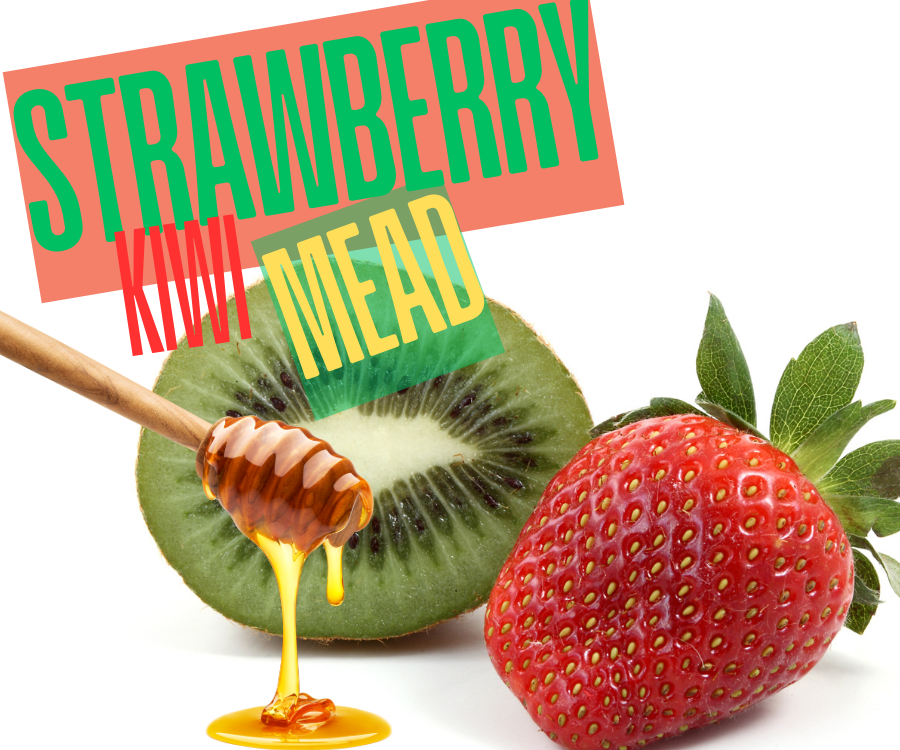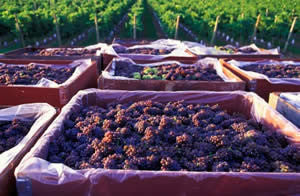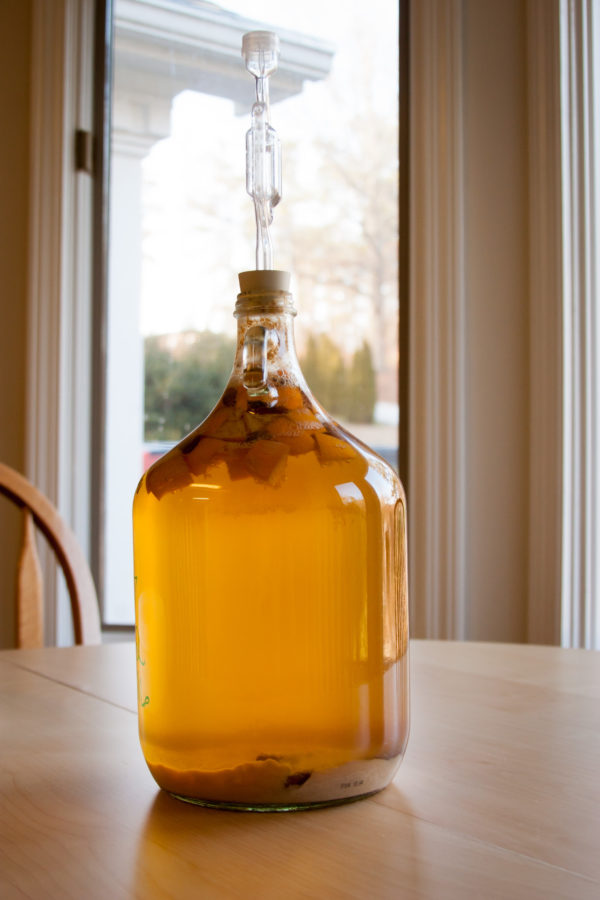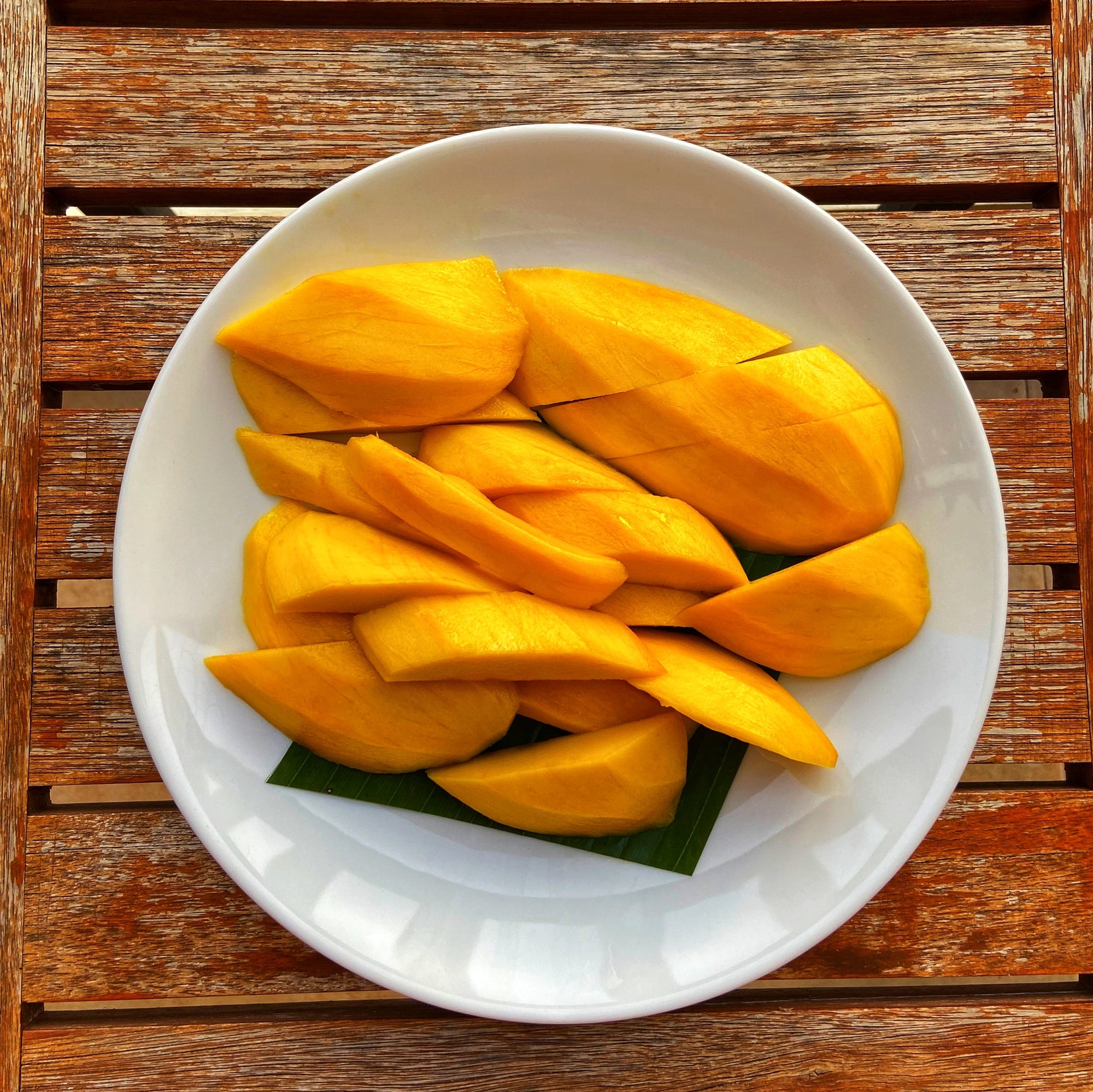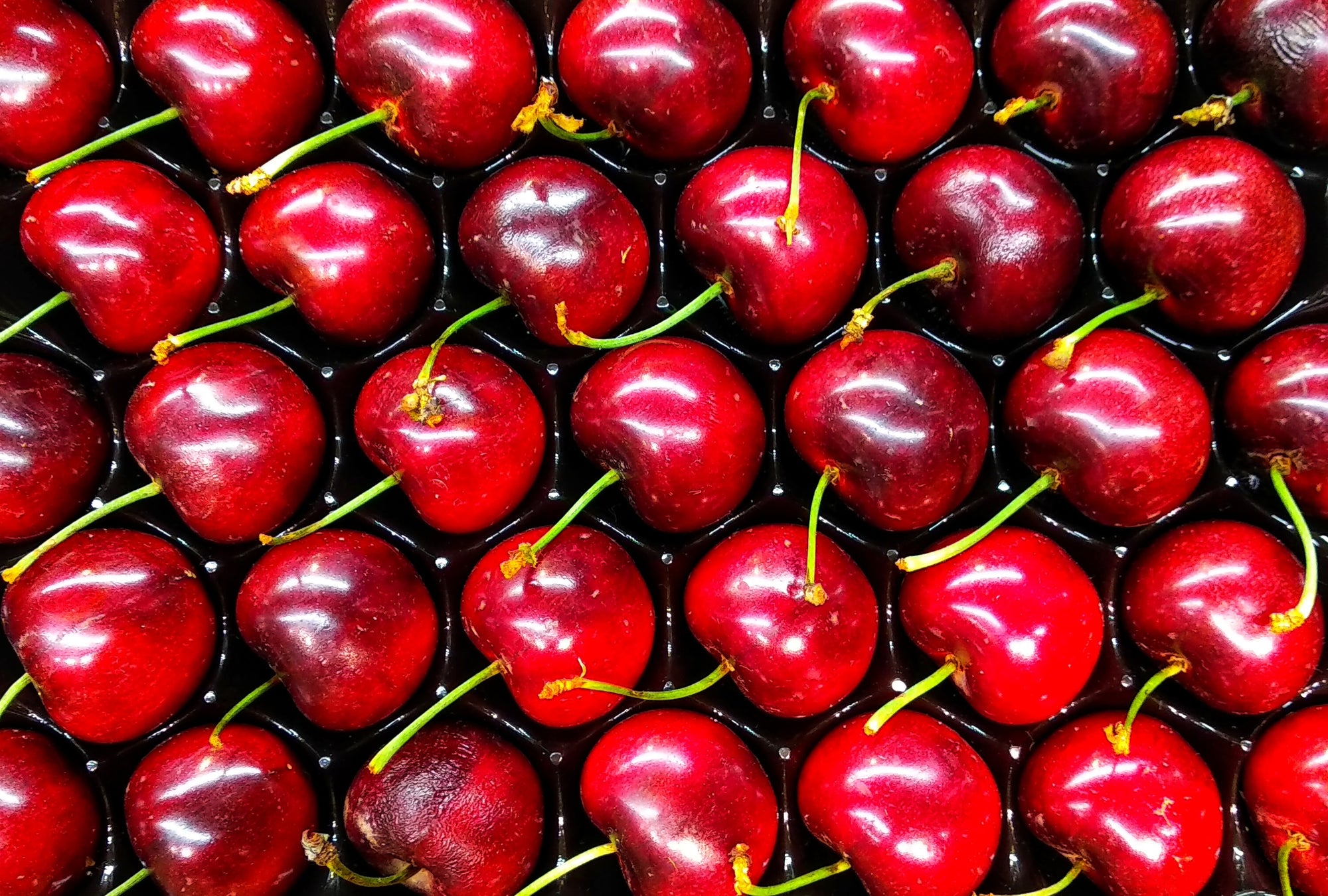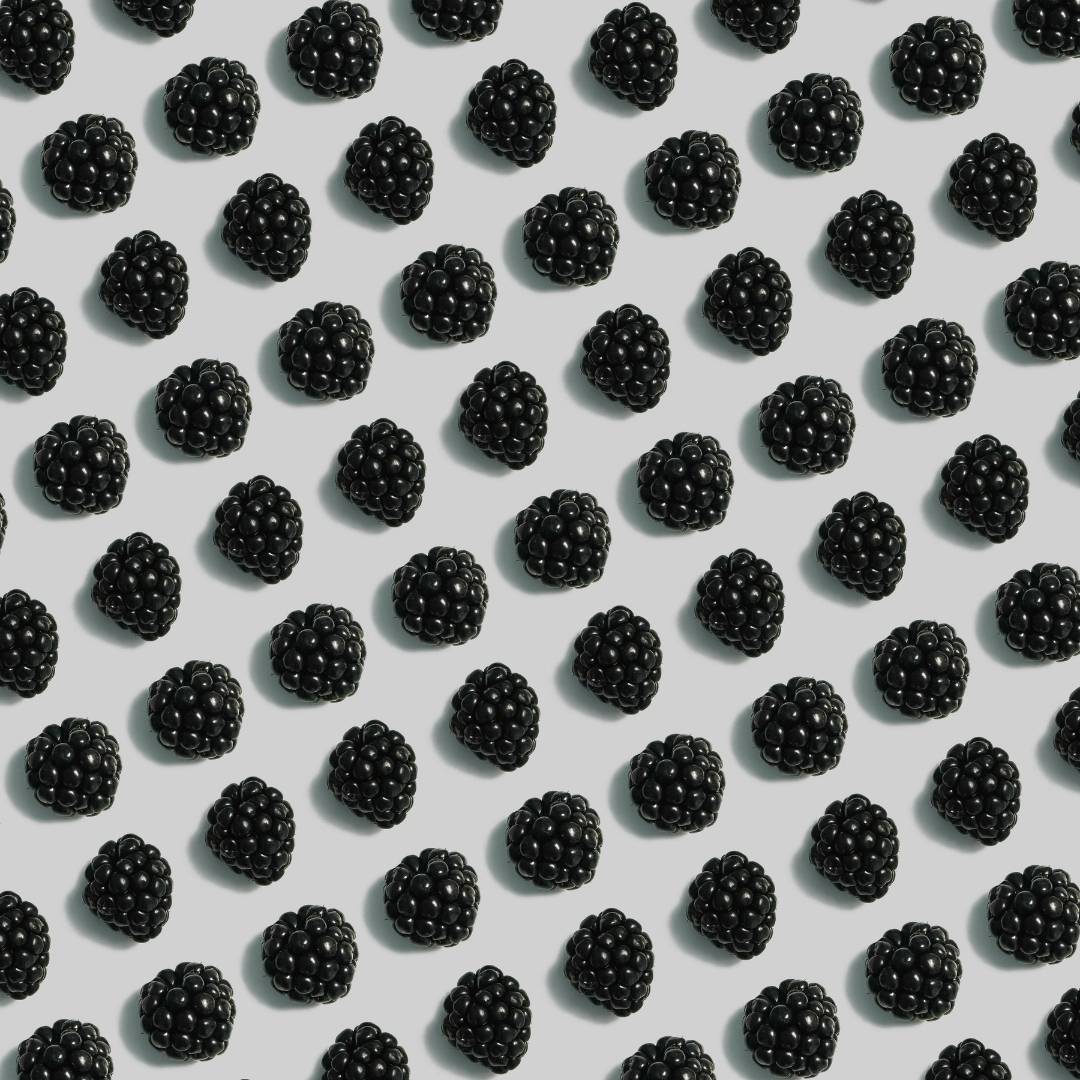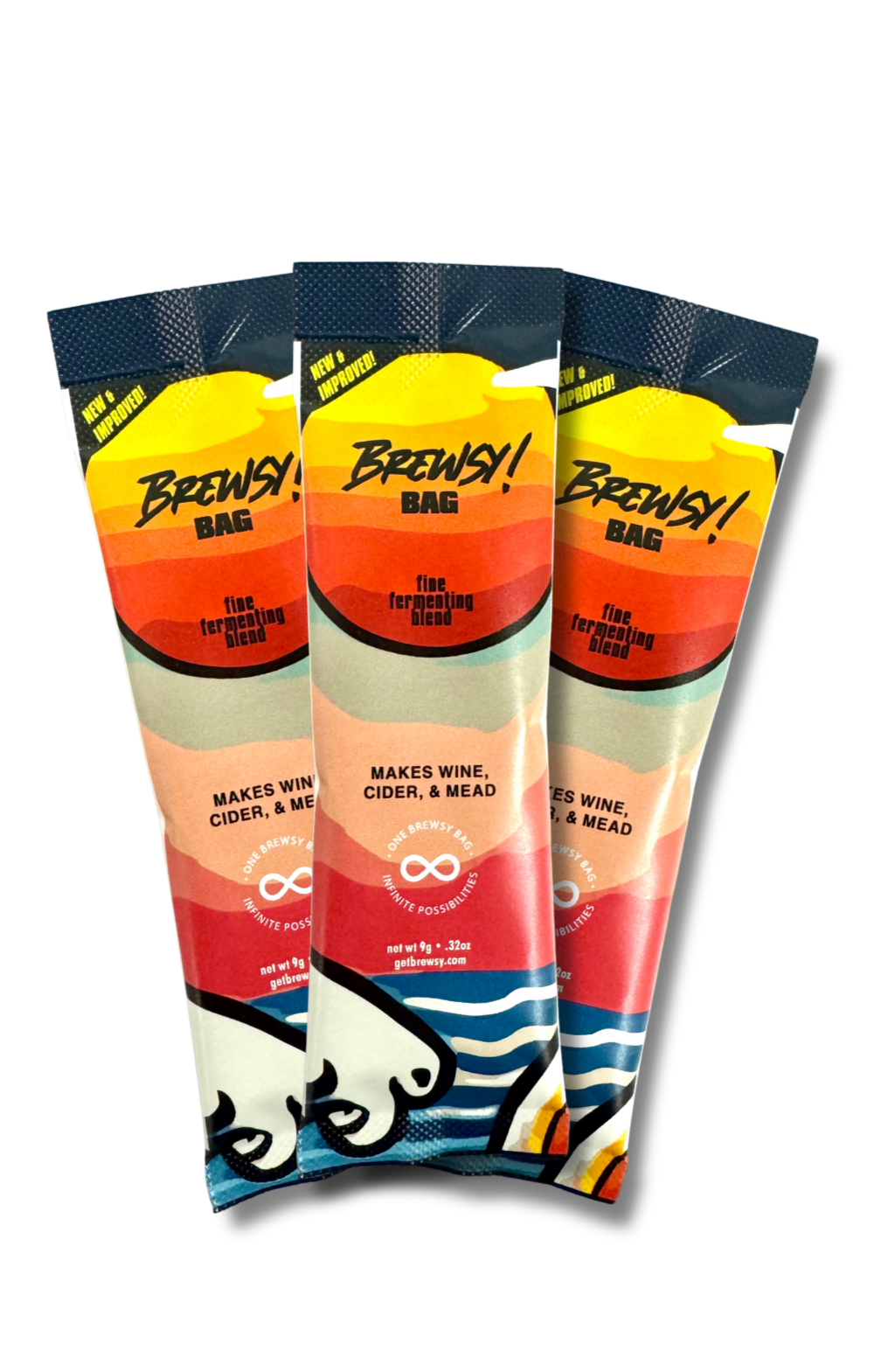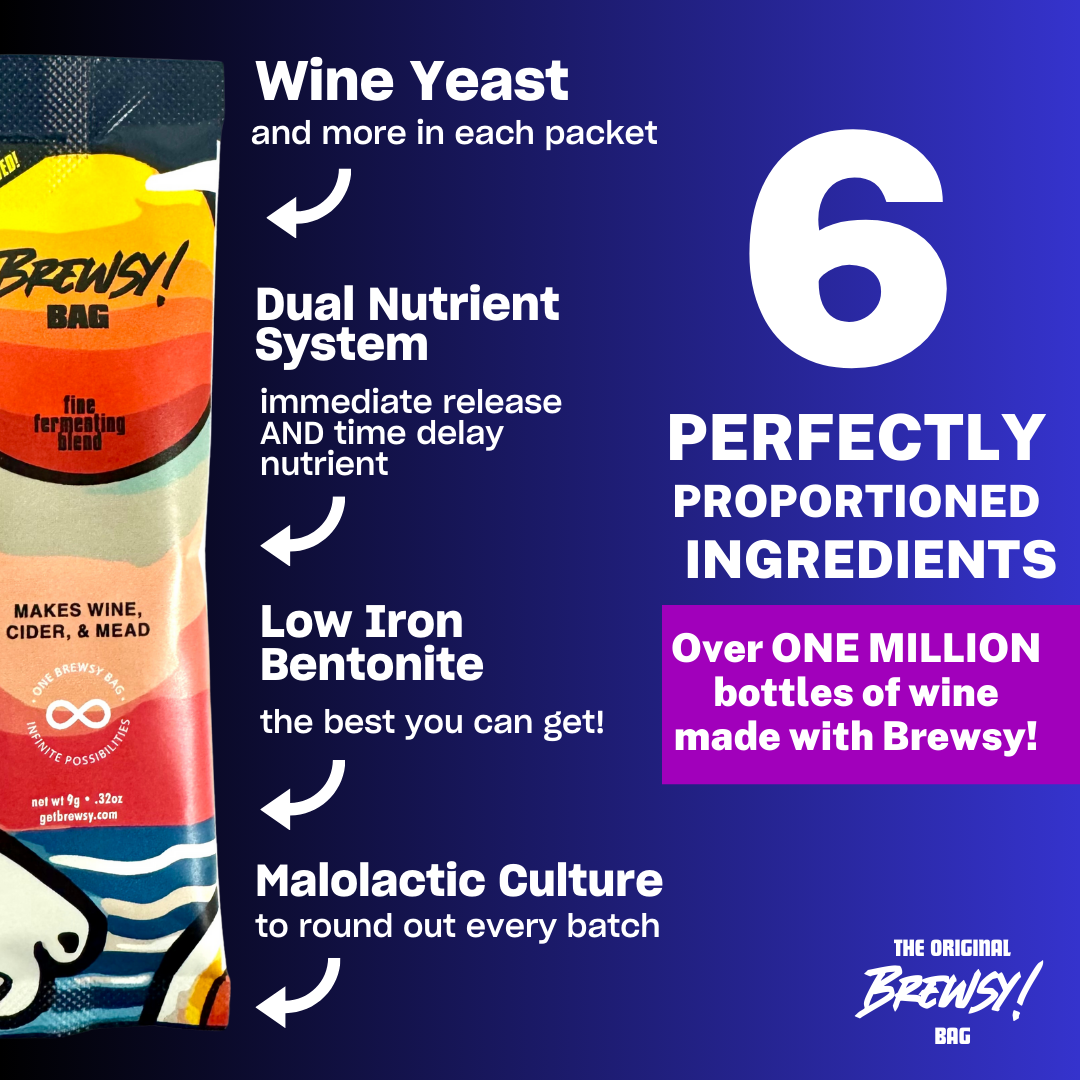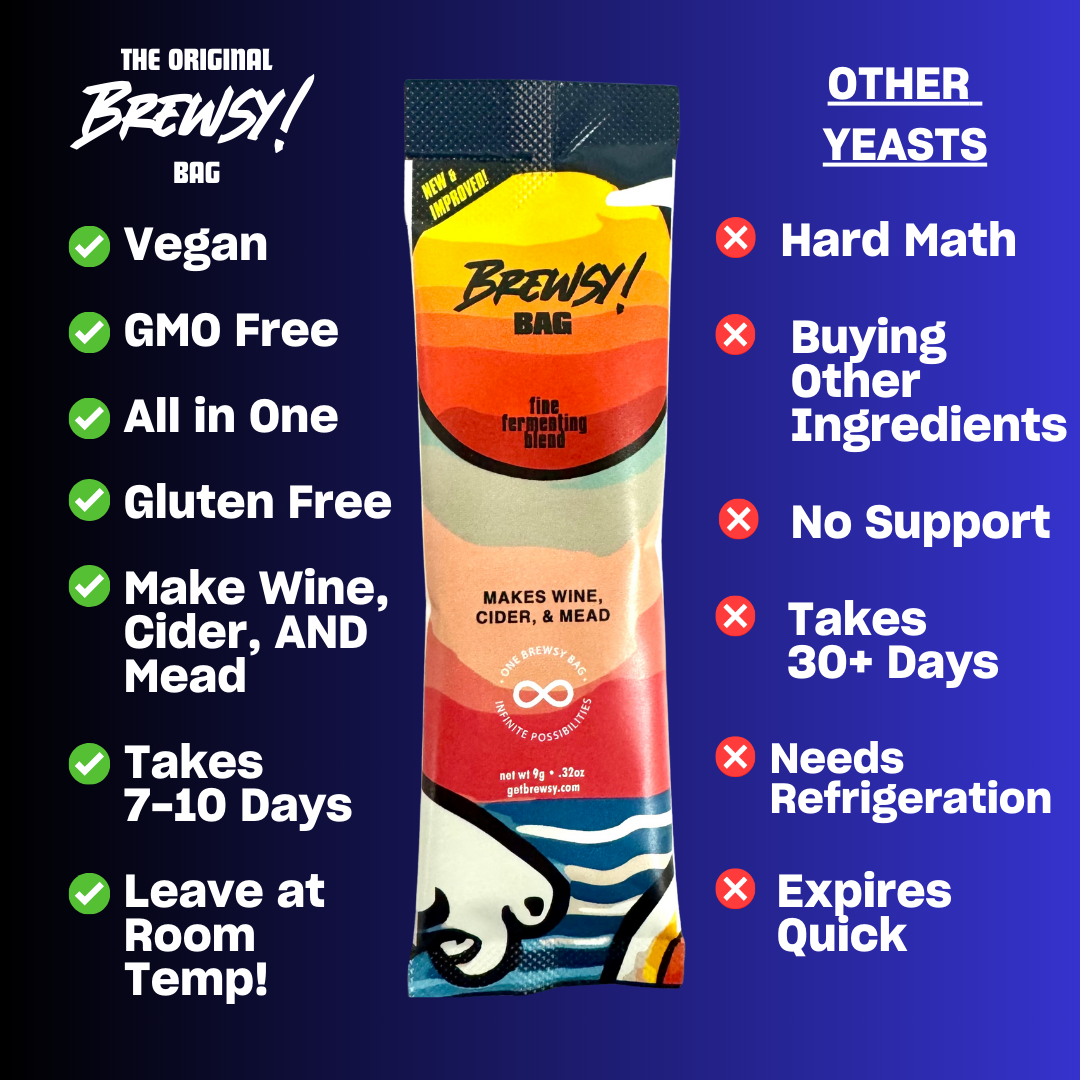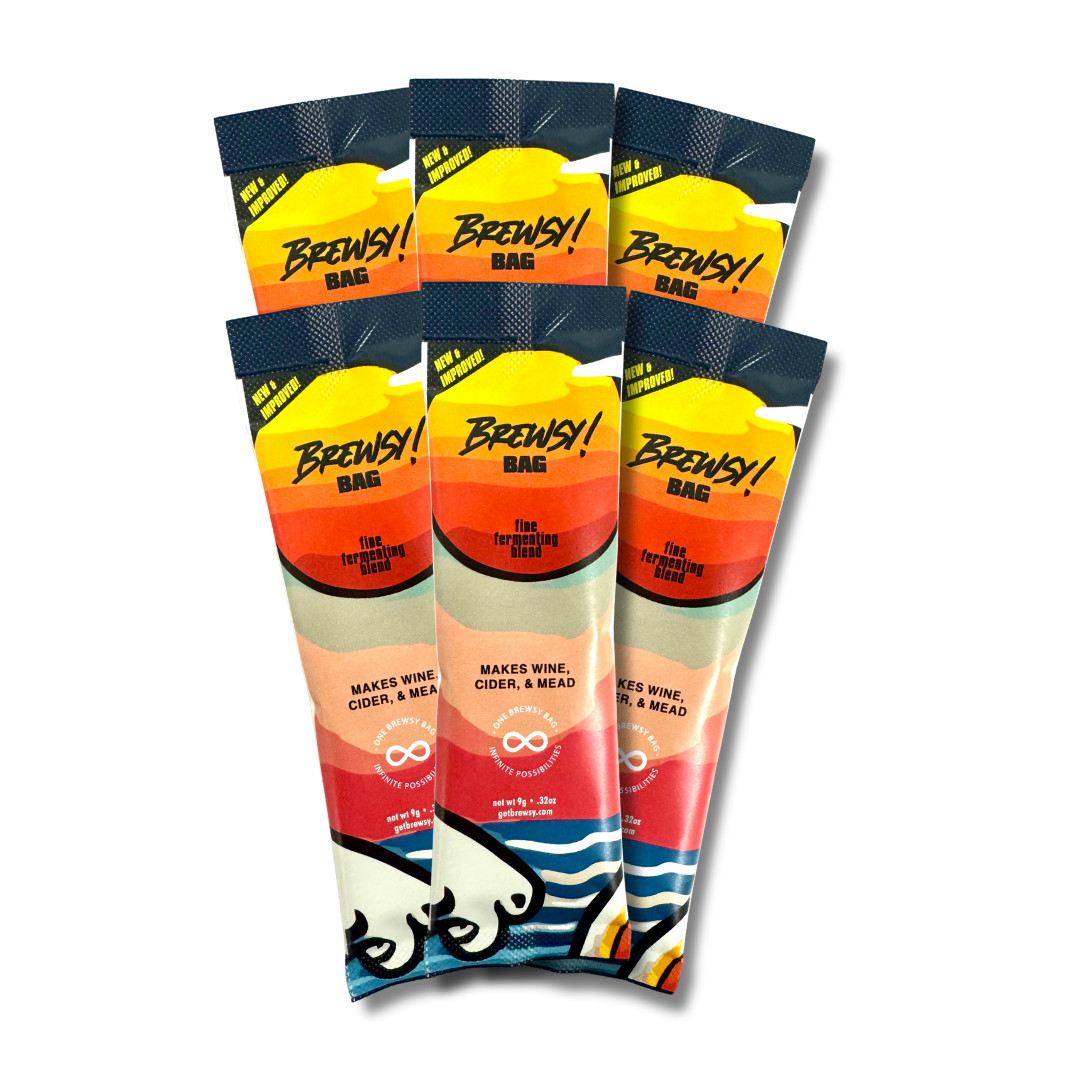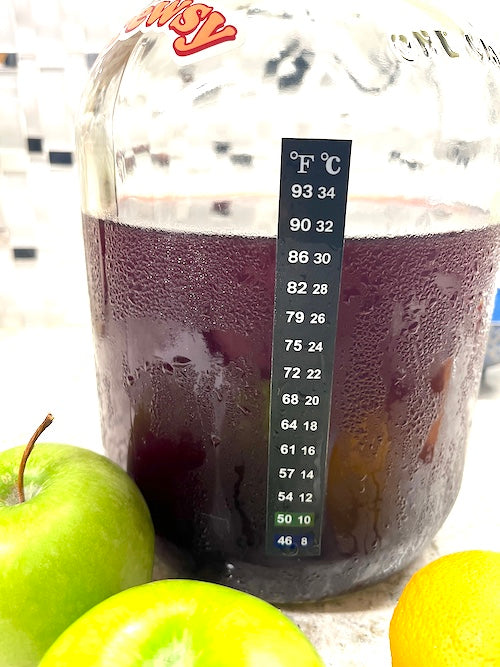
What is Natural Wine? An Overview
Beginning in the mid-late 20th century, a new movement sprung in France that would change the wine industry forever. At the time, most winemakers were using chemicals to control the wine’s natural aging process. These chemicals alter the enzymes of the wine to influence its taste and appearance. Their primary goal was to produce wines meant for immediate consumption with disregard for the quality of the wine. Marcel Lapierre noticed this trend when he gained control of his family’s winery, Domaine Lapierre, in the 1970s.
A few years later, he crossed paths with Jules Chauvet, a wine négociant and chemist with expertise in making wine without chemicals. Chauvet pitched Marcel Lapierre the idea of producing wine naturally and without any chemical preservatives. Based on Chauvet’s advice, Marcel Lapierre shifted the company’s wine making process away from processed yeast, sulfur dioxide, and other chemical additives. They instead opted to make their wine naturally using organic viticulture. Lapierre’s bold decision was a drastic change to his family’s business that changed the winemaking industry forever.
Chauvet and Lapierre are seen by some as pioneers of the natural wine movement. There are winemakers in the Loire Valley of France who followed their methods. They use wine presses and large clay amphoras to make giant batches of wine. Natural wine has become a phenomenon in France, but these winemakers still face challenging obstacles. They could not obtain certification from France’s appellations d’origine contrôlée (AOC) until a year ago in a change that sparked widespread debate from all sides. Conventional winemakers do not feel natural wine deserves a classification, while natural winemakers do not want to be held down to a set of standards that French labeling laws require. Meanwhile, the spread of natural wine is becoming a global phenomenon in many places. Bottles are showing up everywhere, including in the U.S where natural wine manufacturers are becoming much more common. Regardless of the debate over natural wine’s place in society, one thing remains clear. These winemakers are pushing a movement that is taking over the world one glass at a time.
What is Natural Wine?
Natural wine is a biodynamic and organic wine that ferments without intervention and without the addition of processed yeasts, sugar, preservatives, or chemicals. In this process, winemakers simply crush grapes and allow the yeast that sits on the fruit skins to activate and begin a natural fermentation process. Natural wine also continues to evolve and emits different tastes and aromas over time. One should note that conventional wine companies do not have to disclose the ingredients in their products. Thus, they can get away with adding harmful chemical preservatives that cheapen the process on their end. While conventional wine can be mass produced cheaply, natural wine can also be produced in a way that allows for affordable prices in the consumption stage.
A key distinction for natural wine is that it is not made with natural ingredients, but, rather, it is fermented naturally using only the grapes themselves. Wine made with all-natural ingredients cannot be labeled as natural wine because it includes pouring in a packet of yeast. Despite that, all-natural, organic wines are still a viable option for those looking to avoid conventional wine. There are many DIY wine making kits that can guarantee your wine only includes natural ingredients. The main components of wine making kits are organic fruit juice (purchased or made yourself), a fermenting blend with commercialized yeast, and other organic ingredients. These kits do not include preservatives utilized by conventional wine makers unless you chose to include them. Some kits are easier to use than others, but all kits allow you to control what is in the wine you drink.
How is Natural Wine different from “Conventional” Wine?
The first and most notable difference between natural wine and conventional wine is that natural wine does not have the preservatives, chemicals, and artificial colorings that conventional wine has. As mentioned previously, many winemakers are not transparent about their ingredients. The reasoning behind this is that the winemaking process is supposed to only include natural ingredients. Over the years, many wine manufacturers started using chemical preservatives and artificial colorings to improve the wine’s appearance to meet its growing consumer demand. This resulted in wine that contained less organic ingredients that have unknown side-effects.
There are also many known issues with conventional wine additives. Some added preservatives, such as gelatin finings, contain pork products. For individuals keeping vegan, that is a major issue when looking for wine. Many organic and biodynamic wines do not contain gelatin finings, as they use natural methods for wine clarification. Another key distinction from organic, all-natural wine is there are added sulfites, or sulfur dioxide. Many conventional wine makers add sulfites during fermentation to prevent oxidation and maintain the wine’s body. These added sulfites have pesky side effects that can discourage people from purchasing wine.
History of the Natural Wine Movement
Natural wine’s origins date back to the early days of wine making during ancient times. Back then, winemakers used “wild grapes” and wine yeast to create strong wines that had to be diluted with water. One of the earliest natural wineries was the Areni-1, a 6,000 year old winery discovered in 2007. There, they used domesticated grapes, wine presses, and fermentation vats to make wine. Ancient Egyptians were one of the first civilizations to embrace natural wine in their culture. They buried the dead with wine and other important objects that they used during life. The Egyptians also drank herbal wines and created Shedeh, an early form of wine made with red grapes.
The Ancient Greeks learned about wine making through Egypt and took it to another level. Outside of proclaiming Dionysus the God of Wine, the Greeks discovered innovative methods for viticulture and wine making. Greece’s weather was well-suited for growing wine which allowed it to become a hub for wine making. They established one of the most comprehensive wine trade routes in the Ancient World. The Ancient Romans built off these Greek innovations by using special clay containers stored under the ground to better preserve mass quantities of wine. Their innovations were so strong that the city of Pompeii became the center of wine production in Italy until the eruption of Mount Vesuvius in 79 A.D.
The Future of Natural Wine
Despite all of the recent developments in natural wine making, many wonder what the future of natural wine will look like. Will you continue to see it pop up in select local restaurants? Or will it become a much bigger trend that you see worldwide? The latter is a clear possibility, as natural wine is becoming much more commonplace. Many establishments across the United States are joining the natural wine movement. Chicago’s Red and White Wines and Dio Wine Bar in Washington, D.C are two establishments that specialize in natural wine. The same is the case in Europe. Natural wine festivals hosted by VinNatur, Raw Wine, and others in the springtime have become an annual tradition. The world is beginning to embrace strategies for making organic and biodynamic wine. Traditional winemakers may be bullish towards natural wine, but its benefits cannot be ignored. As the wine industry continues to evolve, the winemakers will continue to meet the demands of customers as their preferences change. For now, just sit back and enjoy your glass.

